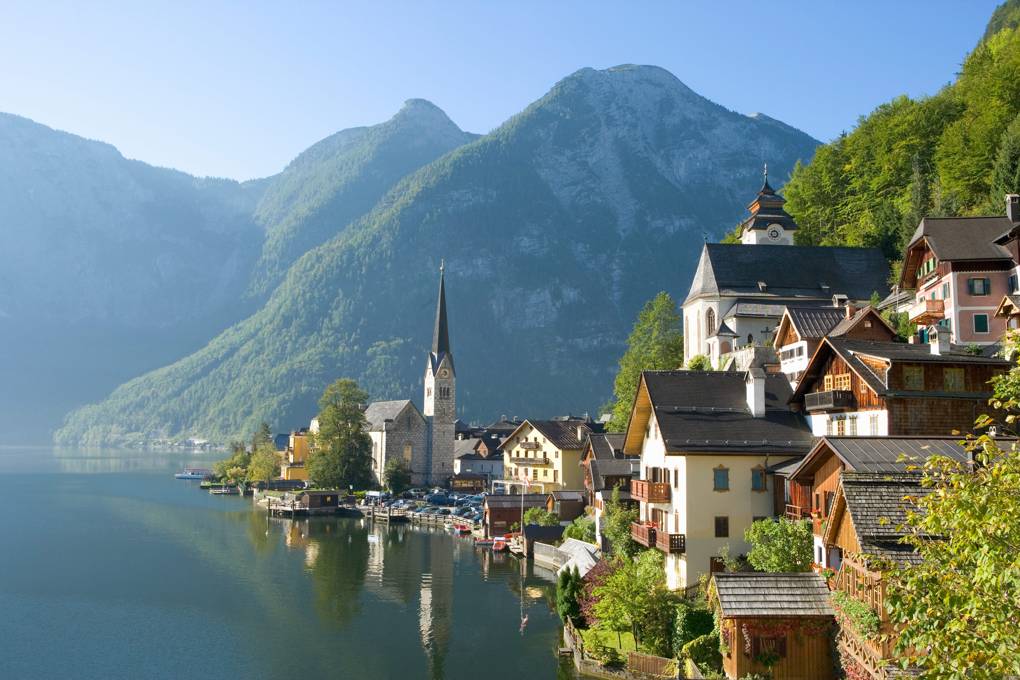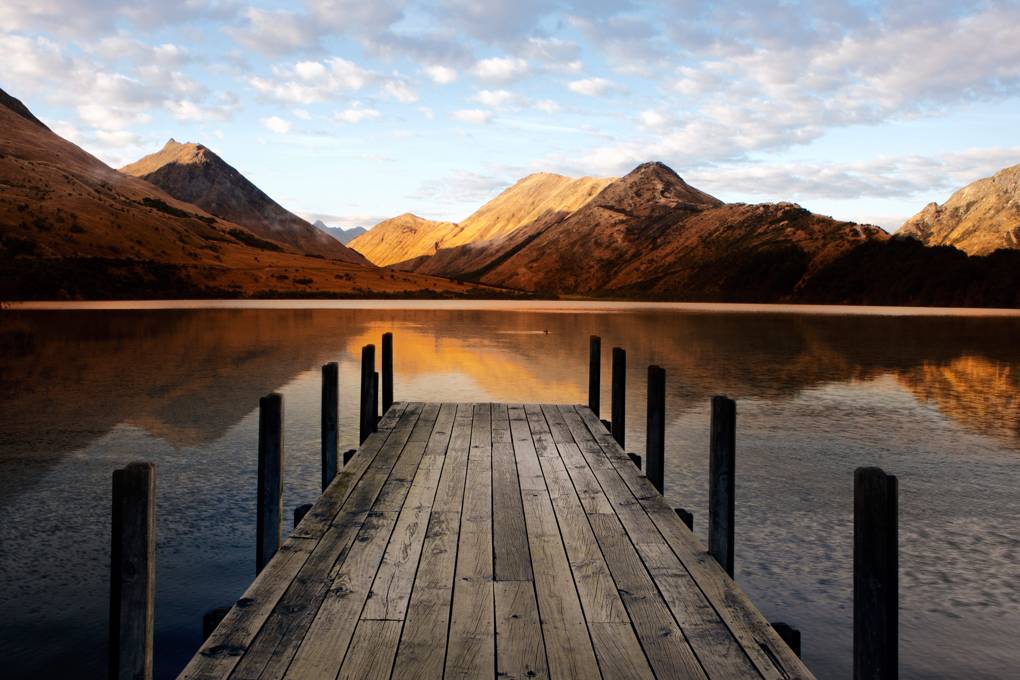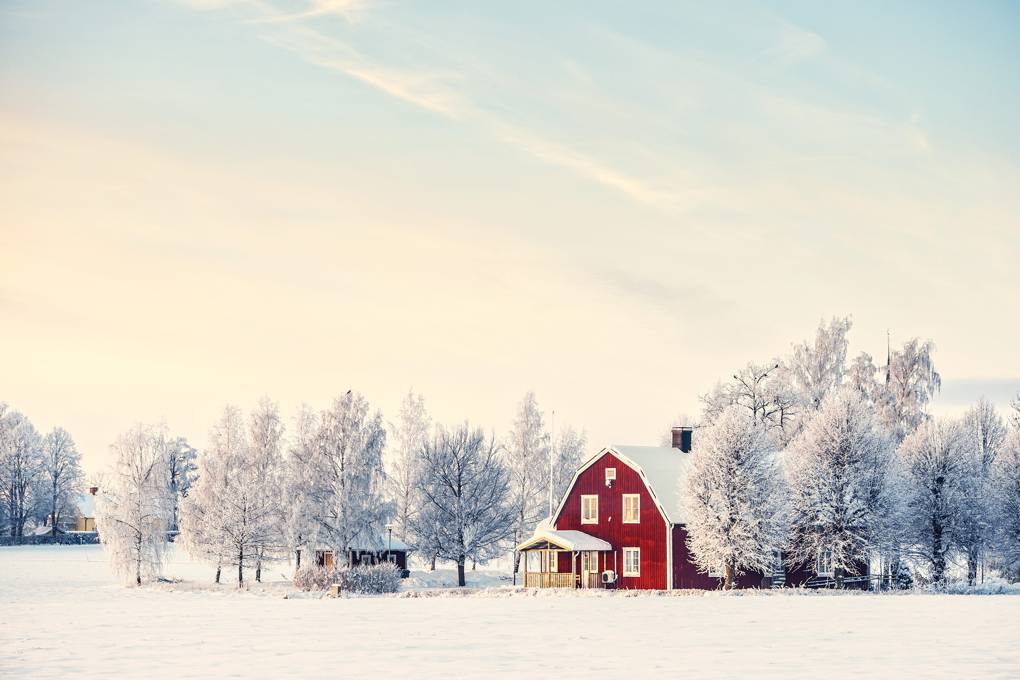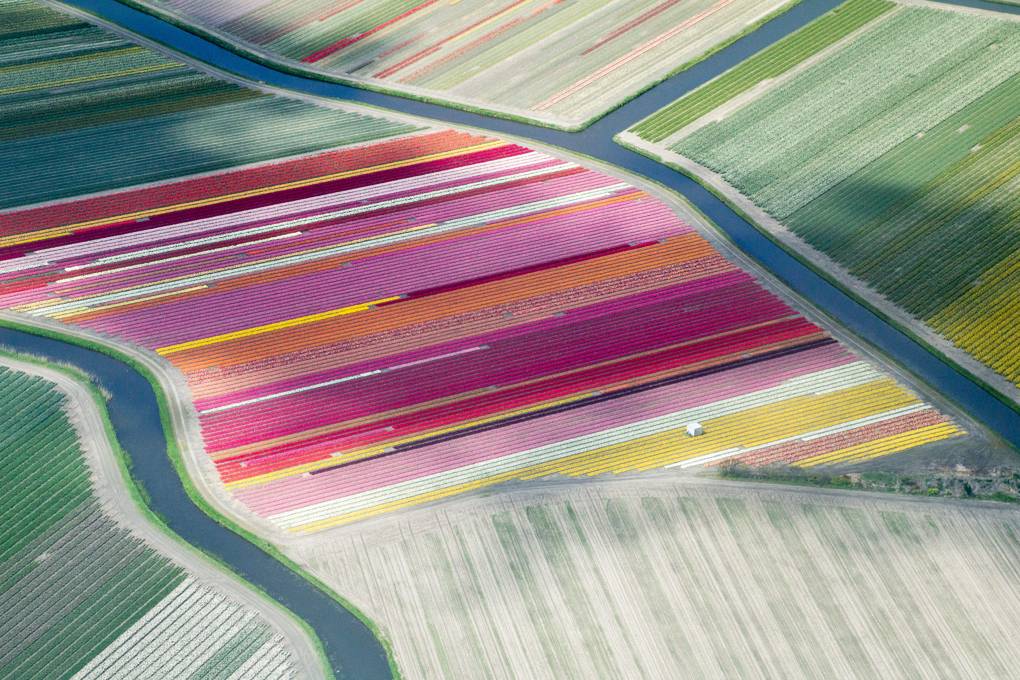Happiness, unlike cost of living or exchange rates, is a difficult thing to measure, but one initiative at the United Nations thinks it can get close to figuring it out. In honour of International Day of Happiness each March, the UN Sustainable
Development Solutions Network publishes the 2019 World Happiness Report – an annual study that examines the connections between happiness and development (while encouraging policymakers to place more of an emphasis on the former, rather than the more easily quantifiable measures of the latter). Around 1,000 people in every UN member state rate their quality of life on a scale from 0 to 10, while researchers cull data from six areas – GDP per capita, life expectancy, social support, trust and corruption, perceived freedom to make life decisions, and generosity. Are you lucky enough to find yourself in one of these blissful places? Do you agree with the findings?

10. AUSTRIA
Knocking Australia out of the top 10, Austria made the cut with high scores in life expectancy and GDP per capita. Remember when we mentioned that taking a bike ride might help with happiness rankings? Well consider this: biking is one of our favourite ways to get around Austria (well, at least its wine country).

9. CANADA
Here’s yet another reason for all those Americans to grab their best hiking boots and head north. Canada is the only country from the Americas to have made it into the top 10, and its number-nine placement is proof that money isn’t everything, as it beats out its neighbour (the US came at number 19, down from 18 in 2018). Canada’s best ranking? In its citizens’ sense of freedom to make their own life choices.

8. NEW ZEALAND
In a result that’s sure to fuel an already burning rivalry, New Zealand beat its neighbour Australia, which didn’t even make the top 10 in 2019. Condé Nast Traveler US readers say, year after year, that Kiwis are a warm, welcoming bunch. According to the UN’s research, a lot of their happiness comes from satisfaction in the workplace. We would guess the country’s vast natural wealth – its beaches, vineyards and mountains – plays a role, too.

7. SWEDEN
In 2019, Sweden continued to jump up in the rankings, from the ninth spot in 2018 to the seventh. A high GDP per capita, which it shares with many of its Nordic neighbours, is not the sole reason, either. An emphasis on social equality that is built into the education system starting in nursery school, 16 months of paid family leave that can be split between a couple after a new child is welcomed into a family, and free daycare also make Sweden the best country for women, according to a separate study. Basically, an emphasis on work-life balance leads to a happier populace. Turns out feeling productive and rested leads to major smiles. Are you listening, London?

6. SWITZERLAND
From how many holiday days workers should have to how many immigrants should be allowed into the country, Switzerland is a place where everything is voted on, and referendums down to the local level happen many times a year. This system of direct democracy means that Swiss citizens feel an unparalleled sense of participation in their country’s evolution, from landmark decisions on human rights to whether a new traffic light should be installed in their neighbourhood. The Swiss are known to be insular, and it can be off-putting to first-time visitors, but there is a strong social fabric held together by a belief that every voice matters, which can go a long way towards helping people feel content. This political outlook also may help explain why three of Switzerland’s cities – Basel, Geneva and Zurich – made the top 10 rankings of the best cities for expats.

5. NETHERLANDS
The biggest insight about the Netherlands? That its happiness levels barely changed (we’re talking less than 0.03 per cent) between 2005 and 2018. And in the Netherlands, it turns out, happiness starts young. A 2013 Unicef report rated Dutch children the happiest in the world, based on a number of metrics related to educational wellbeing, safety and health. Vincent van Gogh was the exception, not the rule.


